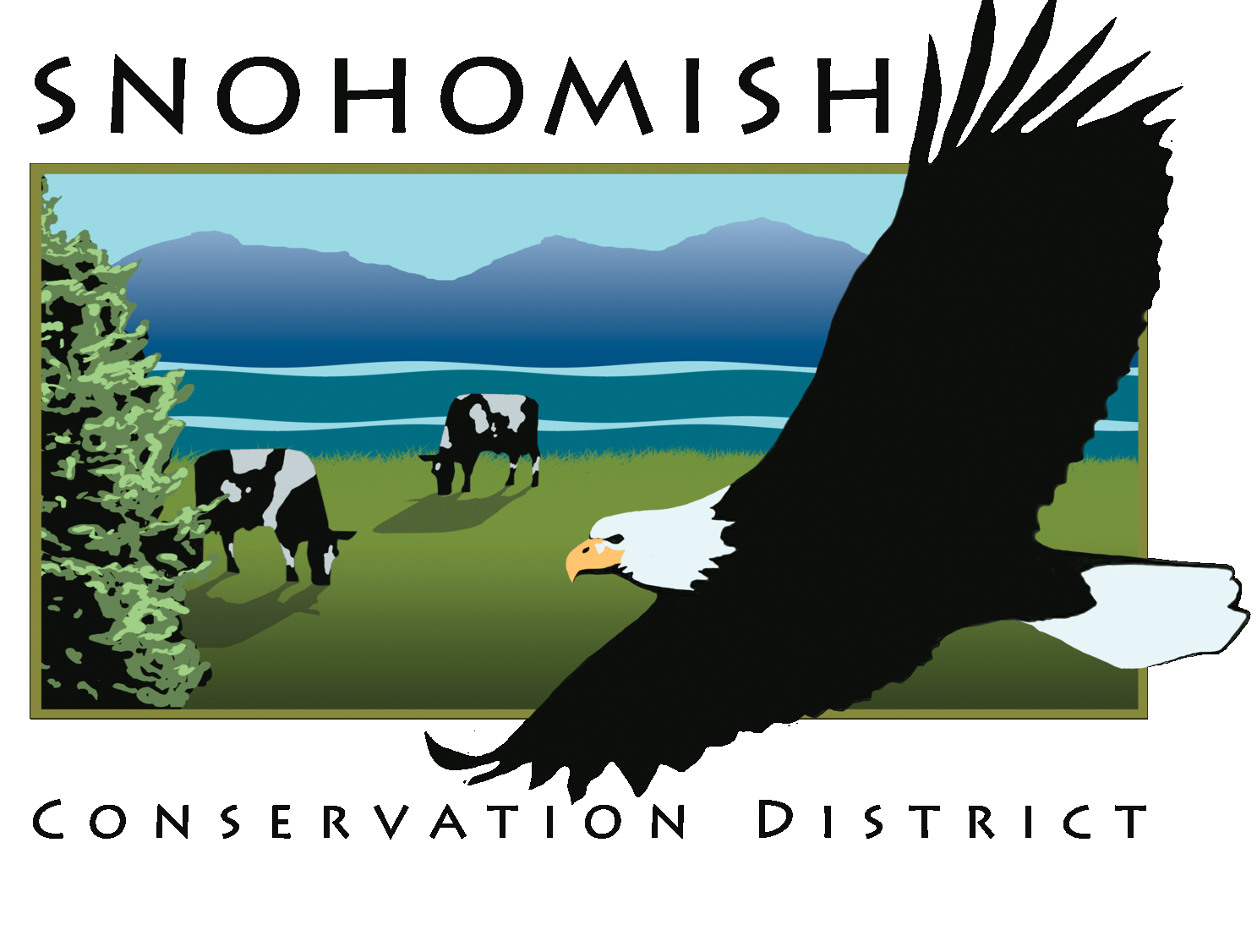Make the Transition from Lawns to Lettuce
/Are you tired of mowing all that grass? Interested in growing your own food, starting a community garden, or providing food to those in need? If you answered yes to any of these questions, our Lawn’s to Lettuce program is here to help.
The Lawns to Lettuce program encourages landowners to convert a portion of their lawn to grow edibles in a way that builds healthy soil, protects pollinators, minimizes pesticide use, reduces stormwater runoff, and conserves water. This program offers online gardening tips and resources, along with hands-on workshops throughout the year. Workshops include how to build and maintain rainwater harvesting systems, composting, sheet mulching, and much more!
Growing Food for Your Family
Many of us like to have some lawn on our property, but there are often opportunities to reduce its size and get something more out of that space. If you’re going to put time and energy into growing something, why not make it something delicious and nutritious to eat? Food grown in your own garden almost always tastes better than what you can find at the grocery store. Plus research shows that the fresher produce is, the more nutrients and vitamins it contains.
Growing your own food is also a great hands-on learning experience for children. While most of us are able to only grow a small portion of the food we eat, having a garden can help us appreciate how long and hard farmers work to grow the crops that feed us all.
Why Does it Matter?
Lawn care is often resource intensive and can gobble up a large amount of water, fertilizer, and anti-weed/pest chemicals. Believe it or not, lawns are the largest irrigated crop in the United States offering no nutritional gain. According to the Natural Resources Conservation Service, lawn irrigation accounts for almost half of the water used by homeowners in the United States.
Lawns are a significant source of water pollution from the runoff of nutrients and toxic chemicals. The U.S. Fish and Wildlife Service estimates that homeowners use up to ten times more chemical pesticides per acre on their lawns than farmers use on their crops.
New Cost-Share Opportunities
We are also excited to announce funding opportunities to qualified individuals and organizations that are working towards community-based urban agriculture in Snohomish County and Camano Island. Projects will be chosen based on criteria such as the engagement of partners and diverse community members, and the demonstration of environmentally-sound techniques. Apply today for the opportunity to receive up to $500 in funding, and make sure to join our mailing list to stay current with Lawns to Lettuce workshops and resources. Visit www.snohomishcd.org/lawns-to-lettuce or call Cameron at 425-377-7009 to learn more.
By Cameron Coronado, Community Conservation Technician and the Lawns to Lettuce Team | From Volume 28: Issue 1 of The Nexus

